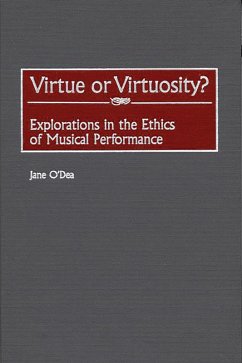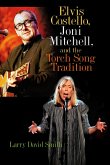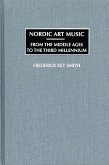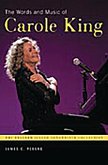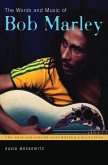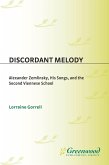Drawing upon the past two decades of burgeoning literature in philosophy of music, this study offers a comprehensive, critical analysis of what is entailed in performance interpretation. It argues that integrity and other virtues offset the harm that virtuosity and rigid historical authenticity can impose on the perceptive judgment required of excellent musical interpretation. Proposed are challenging and provocative reassessments of the appropriate roles for virtuosity and historical authenticity in musical performance. Acknowledging the competitive ethos of the contemporary music scene, it details the kind of character a performer needs to develop in order to withstand those pressures and to achieve interpretive excellence. Performers are encouraged to examine and explore the ethical dimension of their art against their responsibilities to the diverse patrons they serve.
Professional and student performers and instructors will appreciate this practical discussion of the ethical challenges performers confront when interpreting musical works. The ethical discourse applies to instrumental performance studies, the history and theory of music, general music pedagogy, and philosophy of music courses.
Professional and student performers and instructors will appreciate this practical discussion of the ethical challenges performers confront when interpreting musical works. The ethical discourse applies to instrumental performance studies, the history and theory of music, general music pedagogy, and philosophy of music courses.

